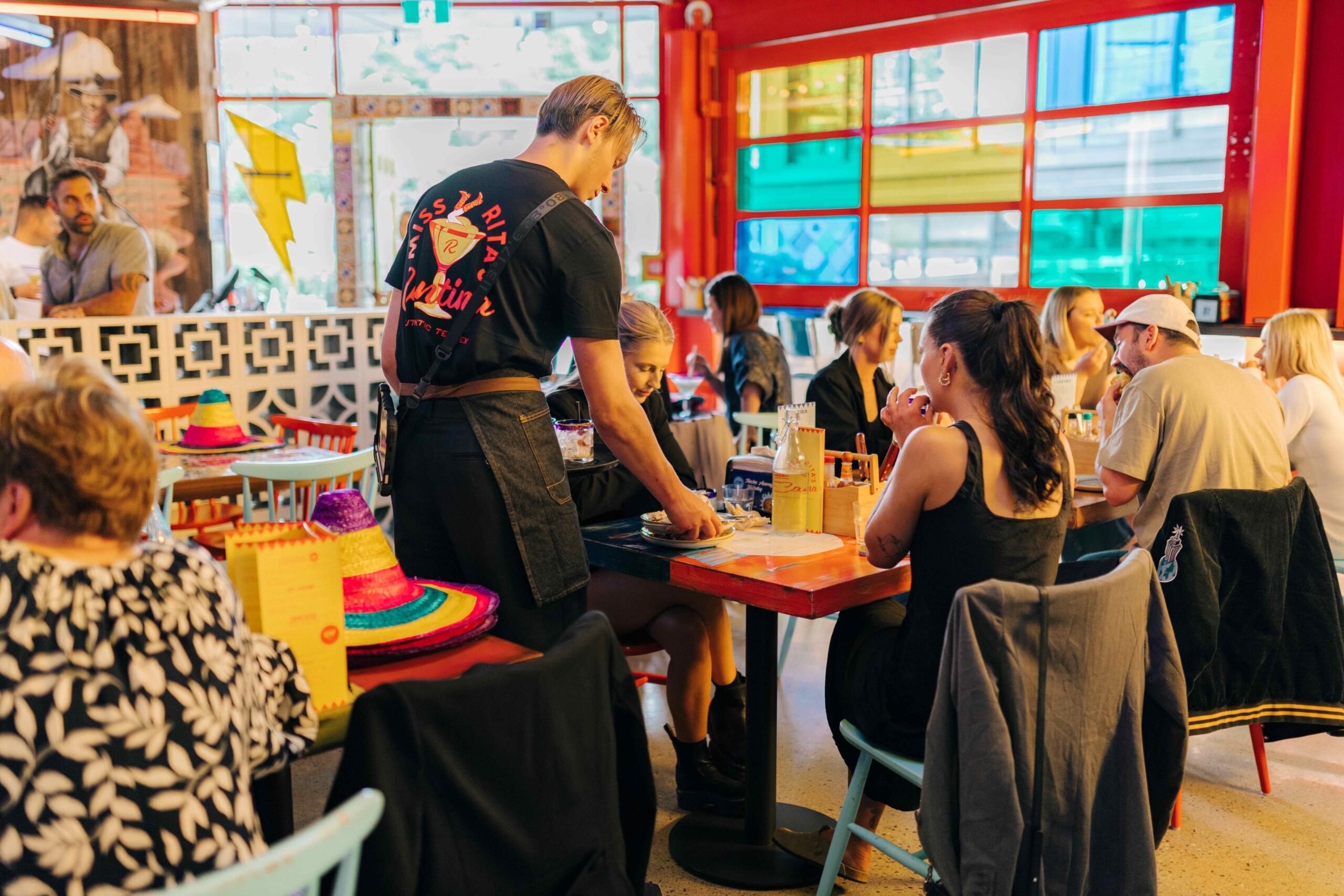Kiwi businesses must respond to growing consumer demand for sustainability
Kiwis are more interested than ever in choosing the sustainable option when purchasing goods or services and while mainstream businesses are starting to respond to this trend there is much more to be done, according to new research.
1K
Kiwis are more interested than ever in choosing the sustainable option when purchasing goods or services and while mainstream businesses are starting to respond to this trend there is much more to be done according to new research released this month.
Colmar Brunton’s 2015 Better Futures Report focuses on consumer behavior towards socially, environmentally and economically responsible brands. With data gathered annually over the past seven years, some very clear and compelling trends are emerging.
CEO Jacqueline Farman says there is no question that sustainable behaviours are now an everyday part of consumers’ lives, and that’s a cue more and more businesses are picking up on and the rest cannot afford to ignore.
Leading sustainable behaviours, consumers undertake at least some of the time, include buying eco friendly cleaning products (84%), growing your own fruit and vegetables (77%) and considering green energy sources for your home (56%).
“Consumers want to see these values from their own lives reflected in the businesses and brands they deal with. Sustainability is increasingly influencing purchase behavior across all 13 market categories we surveyed,” Ms Farman says.
Since the survey began in 2009, the influence of sustainability on purchasing has accelerated fastest in insurance (up 11%), banks and airlines (each up 10%), cosmetics and personal care (up 9%) and petrol/oil (up 8%).
“This increasing influence is a very strong trend that will continue, especially among Gen Y consumers who are a key sector of the market today and in the future,” Ms Farman says.
It is estimated that Gen Y consumers aged 18 or older will make up 24% of the market within three years.
A total of 31% across all age groups said their purchasing of Fairtrade, ethical, socially responsible and environmentally friendly products would increase over the next 12 months with Gen Y consumers leading the charge.
And they are prepared to pay a premium for what they want, with 65% of Gen Y consumers (up from 59% last year) willing to pay a bit more for the best organic, sustainable and ethically produced products and brands available.
“We are instinctively drawn to brands with an open, inclusive values driven approach – brands that are trustworthy, confident, friendly, creative and sustainable have the greatest appeal,” Ms Farman says.
She says New Zealand brands and businesses are starting to understand the implications of this and most of the innovation in sustainability is coming from small to medium enterprises.
That’s backed up by Sustainable Business Network (SBN) CEO Rachel Brown who says the Colmar Brunton research reflects trends that her organisation sees growing stronger in the market, with an increasing connection between mainstream brands and sustainability.
“Our greatest membership growth is from very innovative small and medium sized enterprises; who are certainly leading the charge in sustainability in NZ,” Ms Brown says.
“We have a record 75 finalists across 10 categories in our November NZI Sustainable Business Awards and many of them are mainstream companies like Tauranga based Trevelyan’s Pack and Cool, Waterfront Auckland or Laminex that have embraced sustainability in recent years. By far the greatest contribution is from small and medium businesses with finalists like ‘Eat My Lunch’, Akau, Kaibosh, Optifleet or Wishbone Design Studio.”
To be a finalist in the awards businesses must be able to demonstrate both innovation and impact in sustainability.
Ms Brown says among larger mainstream companies, Air New Zealand has recently taken a very public lead with its pick up on the business case for sustainability and recent launch of its new sustainability framework. The knock on effect of this announcement has been terrific and we very much look forward to supporting them with the rather massive challenge they have taken on.
Ms Farman says the implications of the Better Futures research suggest we will see more companies follow the lead of Air New Zealand and the SBN Awards finalists.
“It’s no coincidence that Air New Zealand also topped our Corporate Reputation Index this year and is New Zealand’s top service brand in our Most Loved Brands survey. With the launch of its new sustainability framework it will only enhance its reputation and engagement with today’s consumers and those of the future.”
“Other corporates who want to build their reputation with consumers would do well to follow Air New Zealand’s example. They can’t afford not to if they want to engage consumers, boost their reputations and maximise sales and business opportunities.”
But Ms Farman says many businesses that have embraced sustainability are struggling to clearly communicate their sustainability story.
The Better Futures survey found that 71% of consumers can’t name any brand or organisation as a leader in sustainability and 81% of those surveyed agreed that the way businesses talk about their social and environmental commitment is confusing and hard to understand – up from 74% last year.
Existing and prospective employees are also very important audiences for businesses. Almost three quarters (74%) of those surveyed say it is important to work for a company that is socially and environmentally responsible.






